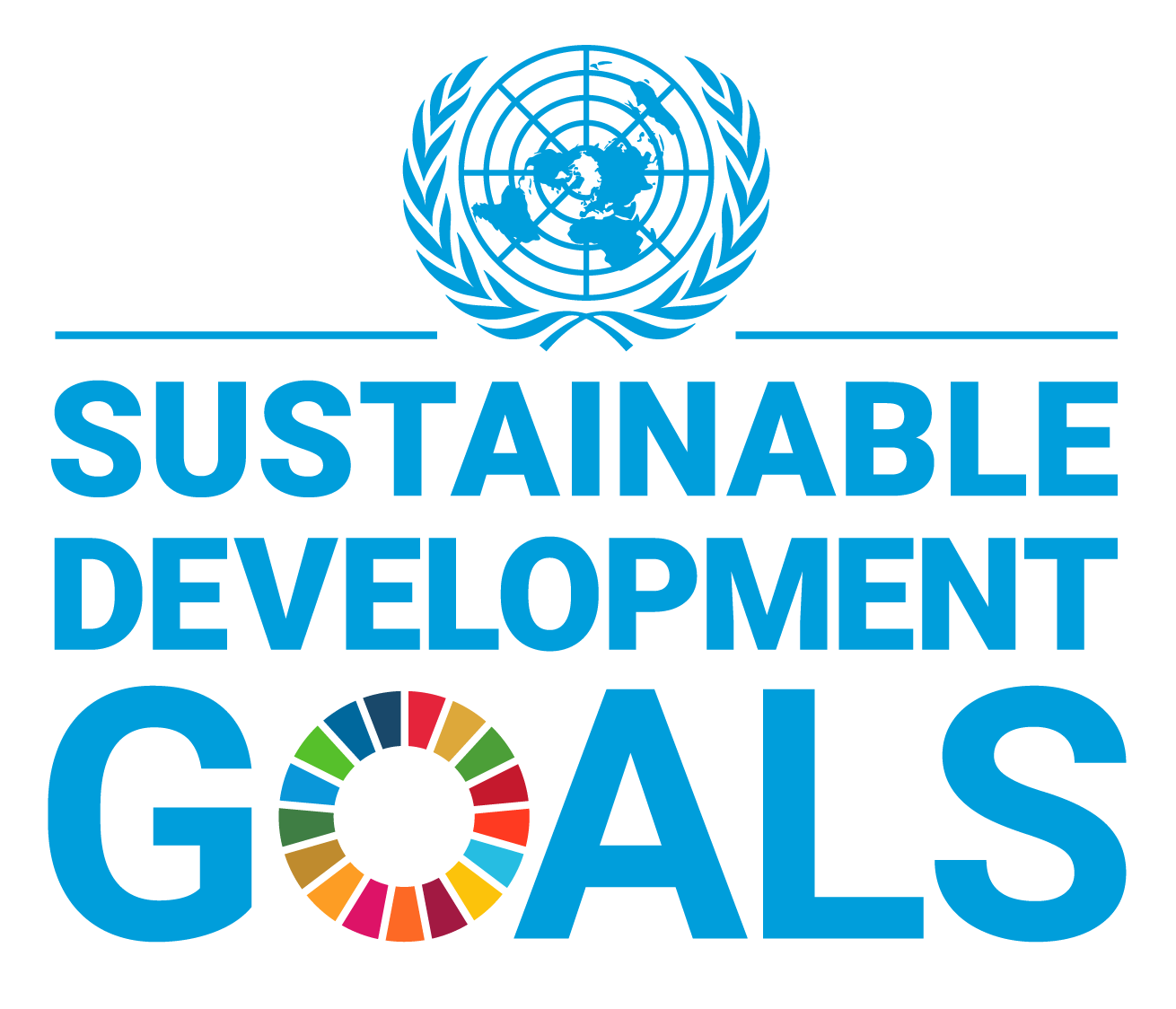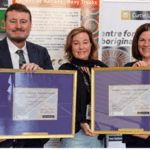Sustainability tips for everyday impact
Looking to make a difference in your studies, work or daily life? Discover practical tips to reduce waste, lower emissions and build more sustainable habits on campus and beyond. These small actions can lead to meaningful change — no matter your role or discipline.










